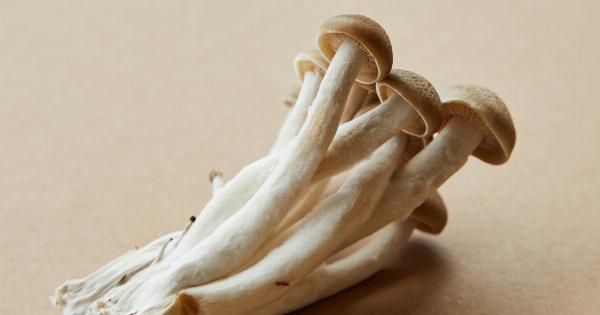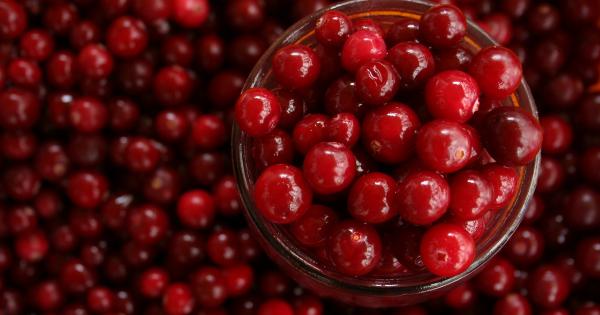In recent years, there has been a growing movement towards sustainability and reducing our impact on the environment. One major component of this movement is the search for meat substitutes that are both delicious and eco-friendly.
With concerns about deforestation, greenhouse gas emissions, and animal welfare, many individuals are turning to plant-based alternatives to traditional meat products. These alternatives not only offer a similar taste and texture but also have zero impact on the environment.
Introducing the Revolutionary Meat Substitute
One such revolutionary meat substitute that has been gaining traction is a plant-based protein made from a variety of sources such as soy, wheat, peas, or mushrooms.
This substitute offers a sustainable solution to meet the ever-growing demand for meat without causing harm to the environment. By eliminating the need for animal farming, this groundbreaking meat alternative significantly reduces greenhouse gas emissions and saves valuable resources like water and land.
Benefits for Sustainability
The adoption of this revolutionary meat substitute brings numerous benefits for sustainability:.
1. Reduced Carbon Footprint
Traditional meat production is a major contributor to greenhouse gas emissions, particularly through methane release from livestock and deforestation for grazing and feed production.
By opting for a plant-based alternative, we can significantly reduce our carbon footprint and combat climate change.
2. Preservation of Natural Resources
Animal farming requires vast amounts of land, water, and feed.
By shifting towards plant-based meat substitutes, we can preserve these valuable resources and allocate them towards more sustainable and efficient uses, such as reforestation or growing crops for human consumption.
3. Preservation of Biodiversity
Deforestation for animal agriculture not only contributes to climate change but also leads to the loss of precious habitats and biodiversity.
By embracing meat substitutes, we can help protect vulnerable ecosystems and allow wildlife to thrive instead of being displaced or endangered.
4. Enhanced Water Efficiency
The production of traditional meat requires large amounts of water for feeding and processing animals.
On the other hand, the cultivation of plant-based alternatives consumes significantly less water, allowing us to conserve this increasingly scarce resource and redirect it towards areas with water shortages.
5. Animal Welfare
The revolutionary meat substitute eliminates the need for animal farming and the inherent cruelty associated with it. By choosing plant-based alternatives, we can contribute to the well-being of animals and improve their quality of life.
Changing Perceptions: A Delicious Solution
One common misconception about plant-based meat substitutes is that they lack taste or variety.
However, with advancements in food technology and innovative recipes, manufacturers have created alternatives that closely mimic the flavor, texture, and appearance of traditional meat products.
1. Culinary Versatility
From burgers and sausages to chicken nuggets and even seafood, plant-based meat substitutes offer a wide range of culinary possibilities.
Whether you enjoy grilling, baking, or stir-frying, these alternatives can be used in countless recipes to satisfy your cravings.
2. Nutritional Value
Plant-based meat substitutes provide a rich source of protein, fiber, vitamins, and minerals, making them a healthier alternative to traditional meat.
They are also generally low in saturated fats and free from cholesterol, contributing to improved heart health and overall well-being.
3. Environmental Consciousness
By choosing the revolutionary meat substitute, you can play an active role in reducing your ecological footprint and promoting a more sustainable future.
Sharing this choice with others can spark conversations and inspire further changes towards a greener lifestyle.
4. Accessibility and Affordability
As the demand for plant-based alternatives continues to rise, their availability and affordability have greatly improved.
This means that more individuals can make the switch to sustainable meat substitutes without compromising their budget or convenience.
Join the Movement for a Greener Future
The transition to plant-based meat substitutes is crucial for creating a sustainable and eco-friendly food system.
By embracing this revolutionary alternative, we can collectively reduce our impact on the environment, conserve natural resources, and improve animal welfare. So why not take a step towards a greener future today and join the growing movement towards meat substitutes with zero impact on the environment?.




























